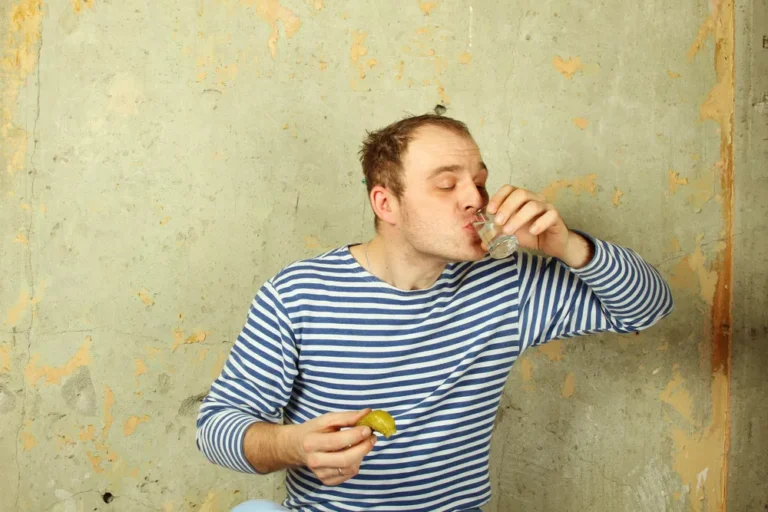Russia
Hungary is heavily dependent on Russian energy, but public ignorance about the issue is immense

Security tightened at Prague airport: here’s what made it urgent

Putin trying to interfere in Hungarian elections? Russian president boosting PM Orbán

Danish PM about Orbán: “I will not let one country to take decisions upon the entire European future”

EU could bypass Hungary’s veto: Ukraine may get record loan

Hungarian man sentenced to 2,5 years in U.S. prison for attempting to smuggle military radios to Russia

While Hungary battles with Ukraine, Austria does so with Russia: diplomats expelled

The Russian government claims Ukraine is planning attacks on NATO, citing a Hungarian article

Tremendous money and Türkiye behind the Orbán cabinet’s thirst for Russian oil?

Another NATO member may shoot down alien aircraft violating its airspace – UPDATE: PM Orbán’s harsh remark

Hungarian Gripens intercepted Russian military aircraft again

Gorbachev’s “alcohol ban”: was this really why the Soviet Union collapsed?

Is Hungary safe? Russian drones could reach us without difficulty

Orbán’s dinner interrupted: When Trump “stormed” the Hungarian PM’s kitchen

Croatia’s reaction to FM Szijjártó’s words: “If you visit Moscow more often than Brussels or Zagreb, you lose the moral high ground”

Russian FM Lavrov says Moscow does not want a brawl with NATO

German chancellor: Germany is no longer living in peace

Two teenagers detained in the Netherlands on suspicion of spying for Russia





 ZH
ZH IT
IT DE
DE HR
HR NL
NL FR
FR JA
JA RO
RO RU
RU ES
ES TR
TR
